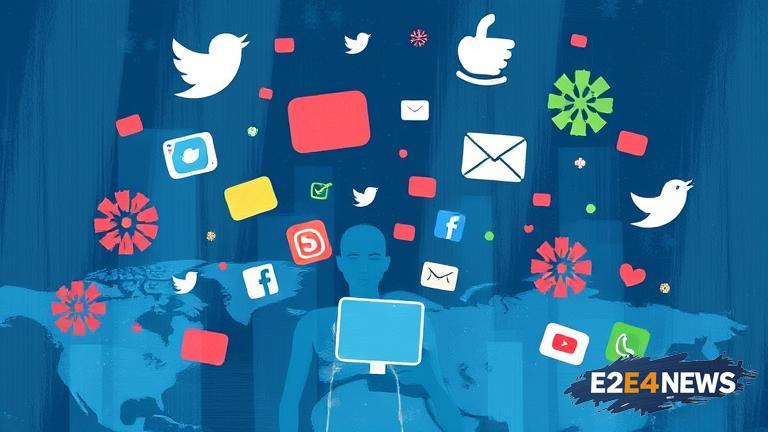The issue of social media protection for minors has been a longstanding concern, with many platforms implementing age restrictions and bans to safeguard under-16s from harmful content and online predators. However, recent reports suggest that these measures are failing to effectively shield minors from the risks associated with social media. In Australia, for instance, a study found that a significant number of children under the age of 16 are still accessing social media platforms, despite being below the minimum age requirement. This has raised concerns among parents, educators, and policymakers, who are calling for more stringent measures to protect minors from the potential harms of social media. One of the primary challenges facing social media platforms is the ease with which minors can create fake accounts or bypass age verification processes. This has led to a proliferation of underage users on platforms such as Facebook, Instagram, and TikTok, where they may be exposed to inappropriate content, cyberbullying, and online grooming. Furthermore, the anonymous nature of social media can make it difficult for parents and authorities to monitor and track online activity, making it harder to identify and prevent potential harm. The Australian government has introduced legislation aimed at protecting minors from online harm, including the requirement for social media platforms to implement robust age verification processes. However, the effectiveness of these measures remains to be seen, and many experts argue that more needs to be done to address the root causes of the problem. In addition to age restrictions, social media platforms must also take steps to reduce the spread of harmful content and promote a safer online environment. This can include implementing AI-powered content moderation tools, increasing transparency around online interactions, and providing education and resources to help minors navigate the online world safely. Moreover, parents and caregivers must also take an active role in monitoring and guiding their children’s online activity, setting clear boundaries and rules for social media use. By working together, it is possible to create a safer and more responsible social media environment that protects the well-being and safety of minors. The consequences of inaction could be severe, with potential long-term effects on mental health, social skills, and emotional well-being. As the use of social media continues to grow and evolve, it is essential that we prioritize the protection of minors and work towards creating a safer, more responsible online community. This requires a collaborative effort from social media platforms, governments, parents, and educators, as well as a commitment to ongoing education and awareness-raising. By taking a proactive and comprehensive approach, we can help to mitigate the risks associated with social media and ensure that minors are able to navigate the online world safely and responsibly. The issue of social media protection for minors is complex and multifaceted, requiring a nuanced and evidence-based approach. It is essential that we continue to monitor and evaluate the effectiveness of existing measures, as well as explore new and innovative solutions to address the challenges posed by social media. Ultimately, the protection of minors from online harm is a collective responsibility, and one that requires a sustained and coordinated effort from all stakeholders. As we move forward, it is crucial that we prioritize the needs and well-being of minors, and work towards creating a safer, more responsible social media environment that supports their healthy development and growth. The use of social media is now an integral part of modern life, and it is essential that we take steps to ensure that it is a positive and safe experience for all users, particularly minors. By working together, we can help to create a brighter, safer future for generations to come.





